Doing an ant PostDoc: Enikő Csata
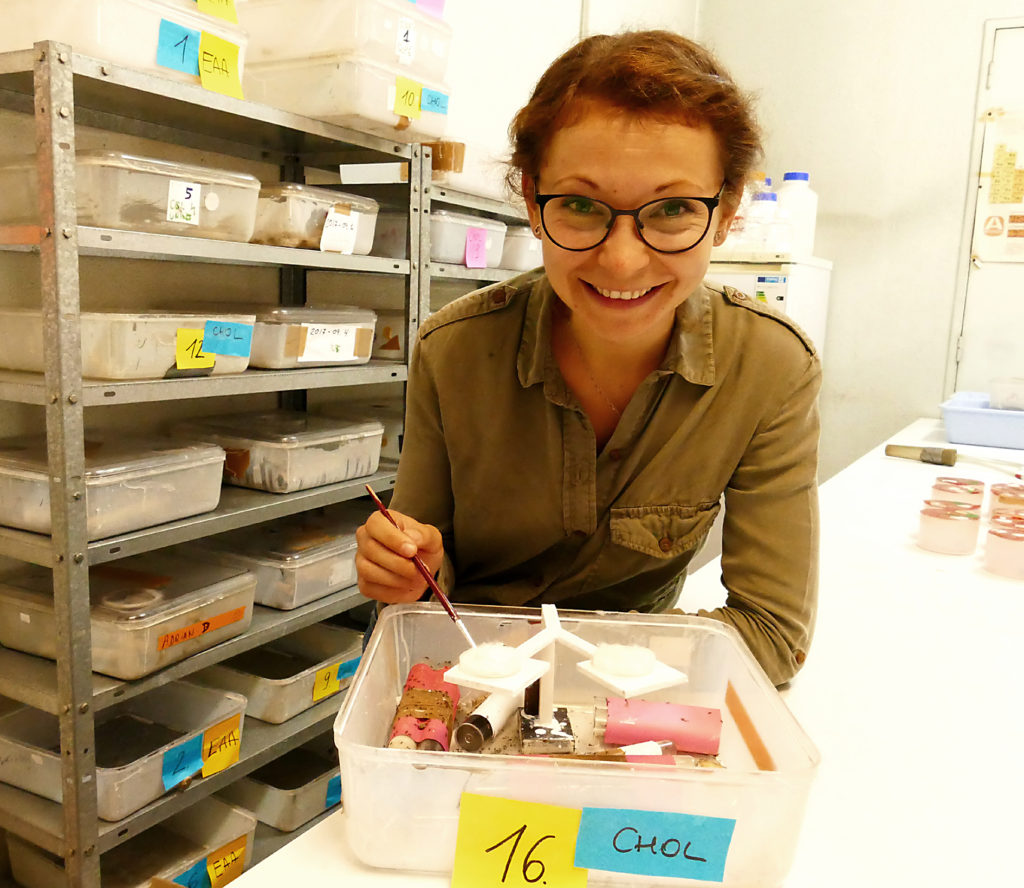
Enikő Csata is 31 years old, and currently a postdoctoral researcher at the University Paul Sabatier, Toulouse, France. Prior to her position here, she completed her university degrees and her PhD in Romania, at the Babes-Bolyai University. During her MSc and PhD studies, she became interested in host-parasite interactions, and she focused mainly on a “minute mystery”: the effects of a parasitic fungus, Rickia wasmannii, on the behaviour of their ant host. Here, she talks about her PhD thesis and her current PostDoc, how she ended up working with ants, and why she likes smaller conferences.
An Interview compiled by Alice Laciny, Stephanie Wendt, and Patrick Krapf
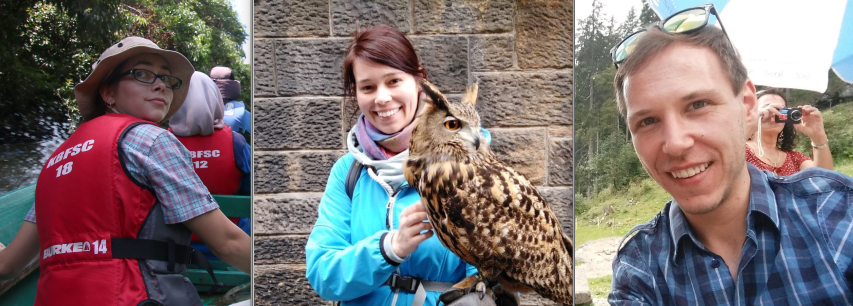
MNB: What is the topic of your PostDoc thesis?
EC: My research focuses on how social insects, such as ants, maintain nutrient state at both a collective and an individual level in response to changes in the nutritional composition of available foods (e.g. protein to carbohydrate ratio) and fungal infection. I am particularly interested in understanding the interaction between infection and nutrition.
MNB: In which year of your PostDoc studies are you now?
EC: I am in my 2nd year.
MNB: Why ants?
EC: My story with ants started during my university studies (in my 2nd year), when Bálint Markó – my teacher at that time – introduced me to the world of ants and… I became hooked by ants and their parasites very quickly! 🙂
MNB: How do you feel about field work?
EC: I love fieldwork! When I was doing my university studies, I spent quite a lot of time in the field in Romania (where we found the largest polydomous system of Formica exsecta in Europe). It was amazing! Not just because of nature, but also because of all the great people with whom I had the chance to work. Memories from field stations last forever (laughing). In the last years, I spent more time in the lab. The ant species, Linepithema humile, which I am using now for my experiments come from our research building – they invaded it long time ago (laughing) – or from the garden just in front of the building. Unfortunately, I don’t need to do big field trips anymore.
MNB: … about identifying ants using a key?
EC: I try, I have fun doing it but, to be honest, I will leave other people to do that (laughing). They are better than I am. 🙂
MNB: … working in the wet lab?
EC: I have done it during the last years, but now, I am working rather in a “cook” lab, I am spending more time cooking for my ants than for myself.
MNB: Have you been involved in any of the -omics approaches, and what was your experience?
EC: Not yet, but – fingers crossed – it should happen soon!
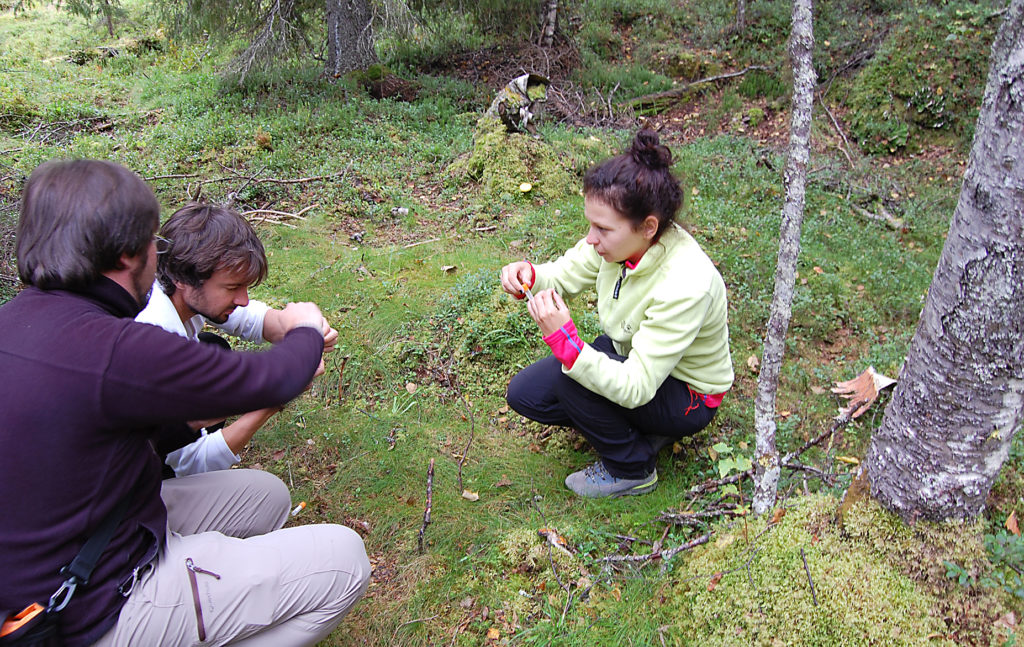
MNB: Did you acquire your statistics knowledge in university courses, from your supervisor, or on your own?
EC: During my university studies, I learned how to use the R statistical program on a basic level, but then I learned quite a lot from my supervisors, colleagues, and post-docs from the lab. Also, sometimes, you just need to figure out by yourself which kind of tests you need to use, and how.
MNB: What is the ideal frequency of meeting your supervisor for discussing your research from your point of view: daily, weekly, monthly?
EC: I think it depends on a lot of things, like if you need to solve a problem about your experiments, or if you need advice, it is better to get feedback from the supervisor and not make rushed decisions. I believe that the best and most enjoyable research (science) comes from a collaborative process, sharing ideas and solving problems together with the supervisor.
MNB: Do you like discussing ideas or problems with fellow PhD/PostDoc students?
EC: To me it is very important to discuss ideas and problems with everybody. I like to work in a group where everyone is open and willing to help you to solve problems. This is what I love most about my current research group (IVEP, Université Paul Sabatier)! There is an open and friendly atmosphere where we constantly discuss our research. This not only provides solutions to our problems, but also motivates us to work to the best of our ability.
MNB: How many papers do you read in an average week?
EC: Per week, not as much as I would like, but when I am about to write a paper the story is different (laughing).
MNB: In an ideal world, is the working group you belong to small or large?
EC: I don’t have a preference.
MNB: And ideally, is your uni close to your field-work site or in an urban area?
EC: I like both options.As I mentioned above, for my experiments I am using argentine ants. I am collecting them from the front of the building where I am working. It has a big advantage! At least when I need some individuals to test ideas, I just run out (or go in the basement (laughing)) and pick some individuals. In a way, I am happy that the university is close to the “field”.
MNB: Have you profited more from attending conferences with narrower or with broader scope?
EC: To be honest, I really like small conferences, because I have a better chance of actually interacting with researchers and having a chance to discuss issues in their field. Also, because in the small conferences the topic is focused usually, many of the key people in your subfield are in one location.
MNB: What is most relevant to you at a conference: attending talks, giving a talk, meeting senior scientists, meeting other students?
EC: I am a bit nervous when I need to give a talk. The most relevant is meeting people, it does not matter whether they are researchers or students.
MNB: Did you ever participate in a science slam and if so, would you do it again?
EC: I have never done that but I would love it. It must be fun.
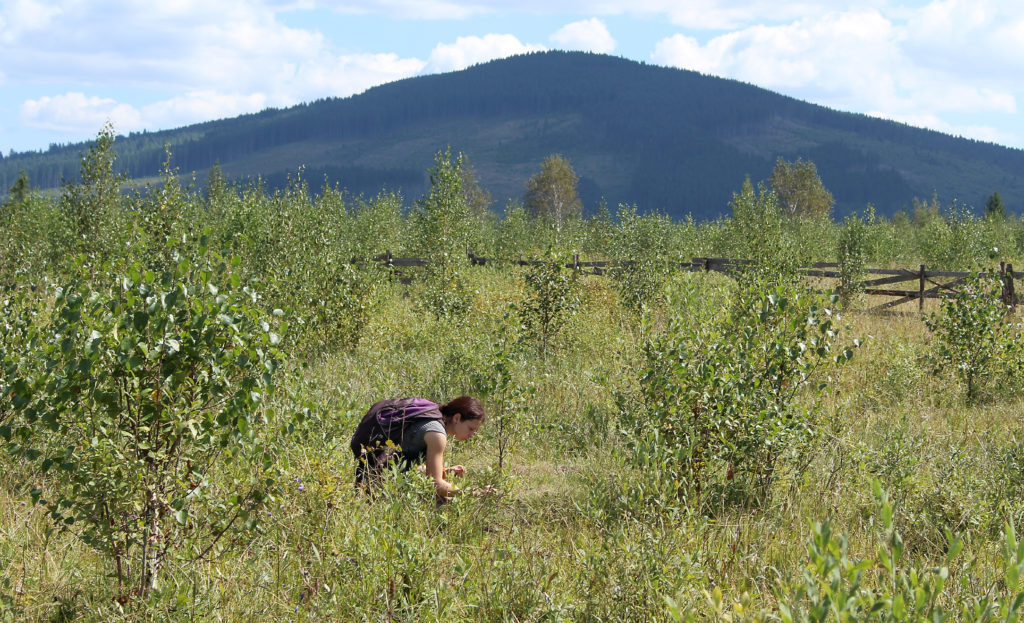
MNB: If you would get 100,000 Dollars to spend for your research project, what would you do with it?
EC: I would explore the interaction between nutrients and immunological competence of ants.
MNB: What helps you best in your spare time to relax from work?
EC: I like spending time with my friends, preparing dinner, watching movies, going to cinema, but I also like reading a lot.
MNB: How do you celebrate successes like getting a paper accepted, a proposal granted, or the like?
EC: First I am telling to the world (laughing), then I celebrate with the people from the lab and friends.
MNB: What is your personal trick to get over periods of low(er) motivation?
EC: I go walking.
MNB: What is the one thing you would do differently when starting your PhD thesis again?
EC: Probably, I would try to collaborate with more researchers. Sometimes, for example during conferences, there is the possibility to talk with people, but when you are a university student, you are just afraid to do that. For sure, I would encourage myself much more.
MNB: Would you like to stay in science?
EC: Yes, I would.
MNB: If you will be supervising PhD students yourself one day, what will be the most important thing you will expect from your students?
EC: Creativity and persistence. Never give up!
MNB: … and what will be the most important thing you will want to take care of in supervising?
EC: I want to make sure that I have a “healthy” lab, where everyone respects and helps each other.
MNB: Original article or review article?
EC: Original article.
MNB: Reading or writing?
EC: Reading.
MNB: Writing or reviewing?
EC: Writing.
MNB: Table or figure?
EC: Figure.
MNB: Web of Science or Google Scholar?
EC: Google Scholar.
MNB: Windows, OS, or Linux?
EC: OS.
MNB: Command-line or graphical-user interface?
EC: Command-line.
MNB: Mouse or touchpad?
EC: Mouse.
MNB: Facebook or Twitter?
EC: Facebook because I don’t have a Twitter account.
MNB: Bus or bike?
EC: Walking.
MNB: Sun or rain?
EC: Snow.
MNB: Diploid or haploid?
EC: Diploid.
MNB: Sting or acid?
EC: Sting.
MNB: Social parasite or host?
EC: Social parasite
MNB: Your favourite ant?
EC: Manica rubida.
MNB: Thank you so much for this nice interview!


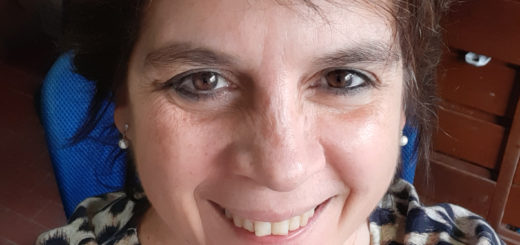
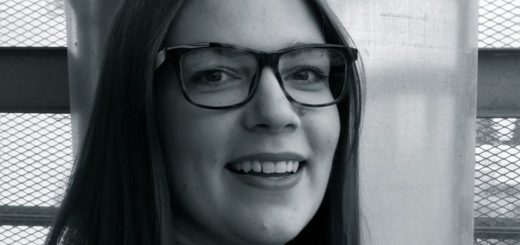
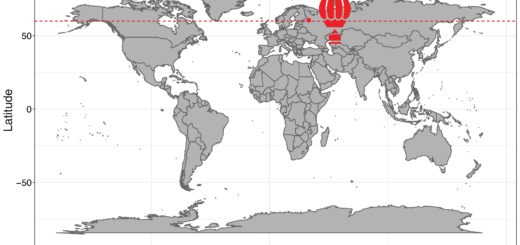
Recent Comments